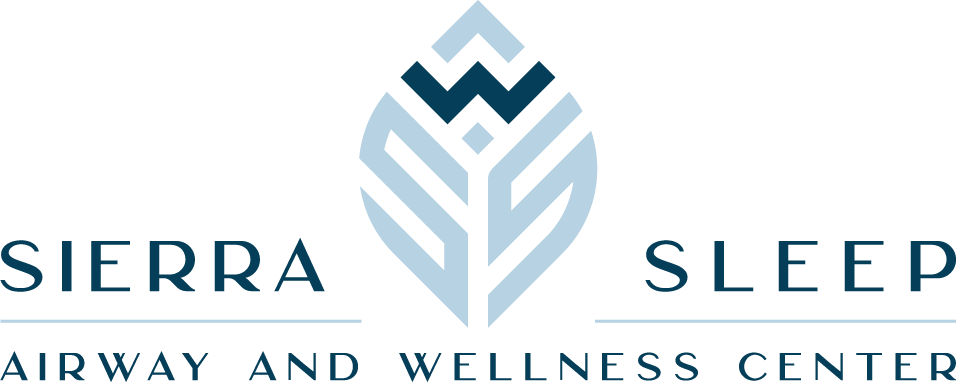Have you been waking up feeling exhausted, despite a seemingly adequate amount of sleep? Do you snore loudly or experience intermittent breathing pauses during the night? These could be potential signs of sleep apnea, a common sleep disorder that affects millions of adults worldwide. In this blog post, we will delve into the causes of sleep apnea and highlight the key signs that indicate you may be dealing with this condition.
Understanding Sleep Apnea:
Sleep apnea is a sleep disorder characterized by repeated disruptions in breathing during sleep. These interruptions can last for seconds to minutes, leading to fragmented sleep and decreased oxygen levels in the body. There are three main types of sleep apnea: obstructive sleep apnea (OSA), central sleep apnea (CSA), and complex sleep apnea syndrome (CSAS).
Causes of Sleep Apnea:
Obstructive Sleep Apnea (OSA): OSA occurs when the airway is partially or completely blocked, leading to breathing difficulties during sleep. The following factors can contribute to OSA:
- Obesity: Excess weight can put pressure on the airway, narrowing it and increasing the likelihood of obstruction.
Enlarged Tonsils or Adenoids: In children and some adults, enlarged tonsils or adenoids can obstruct the airway and trigger sleep apnea. - Narrow Airway: Some individuals naturally have a narrower throat or airway, making them more prone to developing OSA.
Nasal Congestion: Chronic nasal congestion, allergies, or structural abnormalities can impede proper airflow.
Central Sleep Apnea (CSA): CSA occurs when the brain fails to transmit the necessary signals to the muscles responsible for breathing. The causes of CSA include:
- Certain medical conditions: Heart failure, stroke, brainstem injury, and neurological disorders can disrupt the brain’s control over breathing.
- Medications: Opioid pain medications, especially when taken in high doses, can interfere with the brain’s respiratory functions.
- High Altitude: Individuals living at high altitudes may experience periodic breathing irregularities, known as high-altitude periodic breathing.
Signs of Sleep Apnea in Adults:
- Loud Snoring: Regular and loud snoring is a common symptom of sleep apnea, particularly in OSA cases. Snoring may be more noticeable when sleeping on your back.
- Pauses in Breathing: Episodes of interrupted breathing during sleep, often followed by gasping or choking sounds as the body attempts to restore airflow.
- Excessive Daytime Sleepiness: Feeling excessively tired, fatigued, or drowsy during the day, regardless of the amount of sleep obtained the night before.
- Morning Headaches: Waking up with frequent headaches, which can be attributed to the disrupted breathing and lowered oxygen levels during sleep.
- Poor Concentration and Memory: Sleep apnea can impair cognitive function, leading to difficulties with concentration, memory, and overall mental sharpness.
- Mood and Personality Changes: Irritability, mood swings, depression, and decreased libido are some emotional and psychological effects associated with sleep apnea.
- Nocturia: Frequent urination during the night may be a sign of sleep apnea, as it disrupts the normal sleep cycle and affects fluid regulation.
Seeking a Diagnosis and Treatment:
If you suspect you may have sleep apnea based on the signs mentioned above, it is crucial to consult with our healthcare team who specializes in sleep disorders. They may recommend a sleep study, conducted through a home sleep test, to accurately diagnose sleep apnea.

